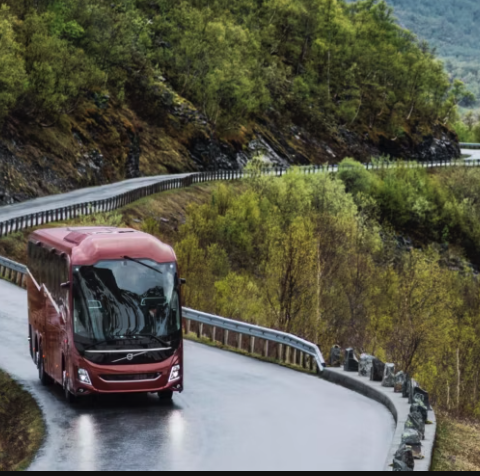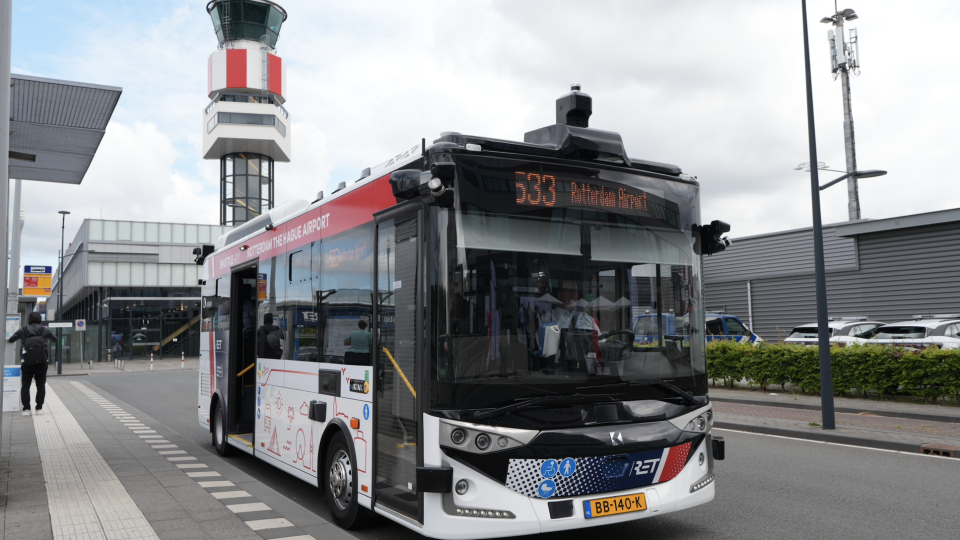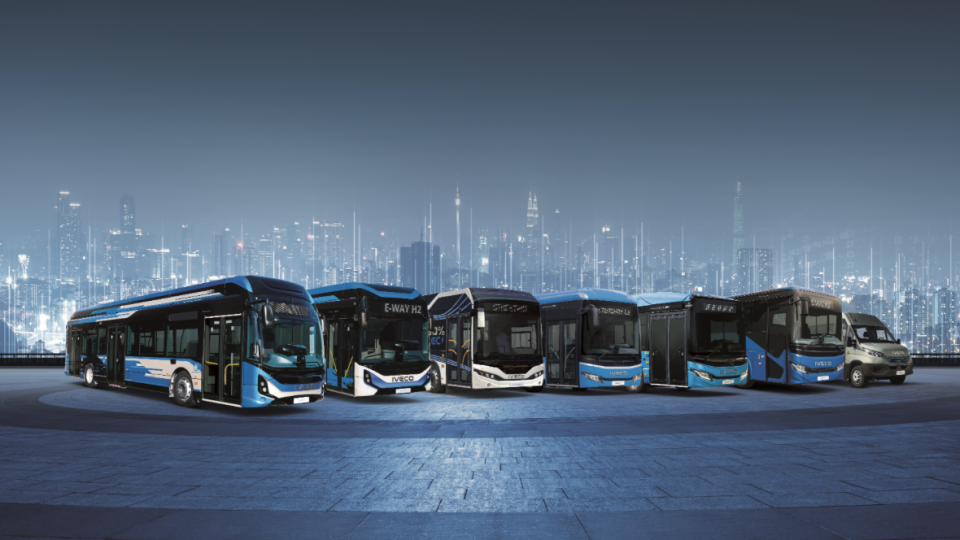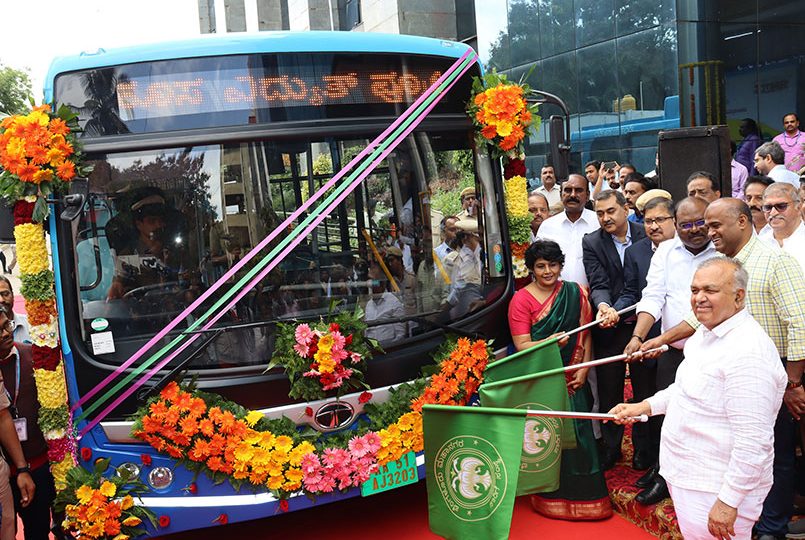Volvo has stopped production of the 9700 and 9900 range with Sunsundegui
Volvo Buses has reportedly decided to discontinue production of the 9700 and 9900 coach range, according to a report published today, 4 July, in the Swedish trade media Bussmagasinet.se, which also quotes statements from Volvo Buses press office. The move to back out of the agreement with Sunsundegui is also covered by local Spanish media. […]

Volvo Buses has reportedly decided to discontinue production of the 9700 and 9900 coach range, according to a report published today, 4 July, in the Swedish trade media Bussmagasinet.se, which also quotes statements from Volvo Buses press office. The move to back out of the agreement with Sunsundegui is also covered by local Spanish media.
The collaboration with Spanish bodybuilder Sunsundegui, under which the latter was to produce the bodies for the two models under Volvo licence, will therefore not take place, according to the disclosure. The only touring coach in the 9000 range in the list will remain the 9700 DD double-decker. The public transport (city and intercity) bus range is set to be produced in collaboration with MCV.
Volvo Buses, Sunsundegui: a plot twist
The reason given by the Swedish manufacturer is that the partnership “requires such a high additional investment that it is not possible to make the cooperation profitable“.
In any case, the collaboration between Volvo Buses and Sunsundegui continues: “we offer our chassis and Sunsundegui its own bodywork,” Joakim Kenndal, press manager at Volvo Buses, explained to Bussmagasinet.se. He emphasised that production of the Volvo 9700 DD with bodywork by the Finns from Carrus will continue without change.
In April, according to the local media Diario de Navarra, the Parliament of Navarre had approved a new financial injection of six million euros, via a loan from Sodena, to ensure – in the words used by the Government of Navarre at the time – the “viability of the bus bodybuilding project for the Volvo brand”.
According to the same media, Volvo project with Sunsundegui had an estimated turnover of around 500 million euros and “was considered strategic for the entire region, as the manufacture of the 9700 and 9900 models would allow Sunsundegui to double both its production capacity to 640 units and its workforce to between 650 and 800 employees, as justified by the Department of Industry when requesting the granting of the latest financing for the bodybuilder via Sodena”. Production was expected to start as early as 2024 and the first models to be on the market in 2025″.
Kenndal added: “We also have ongoing discussions with some other coachbuilders, with whom we have several other collaborations. But we do not have any negotiations in place at the moment on these two models”.
Also according to the Swedish media, ‘”a lot of Volvo production equipment has been moved from the old Volvo Buses plant in Poland to Sunsundegui in Navarra, Spain. It is currently unclear what will happen to this equipment”.
The stop for the Volvo 9700 and 9900 is reportedly valid until further notice. Volvo Buses states that it currently has no time perspective on when it will be able to offer the two models again. The group has already received orders for the new vehicles with Sunsundegui bodywork, orders that would therefore be cancelled at the moment.








